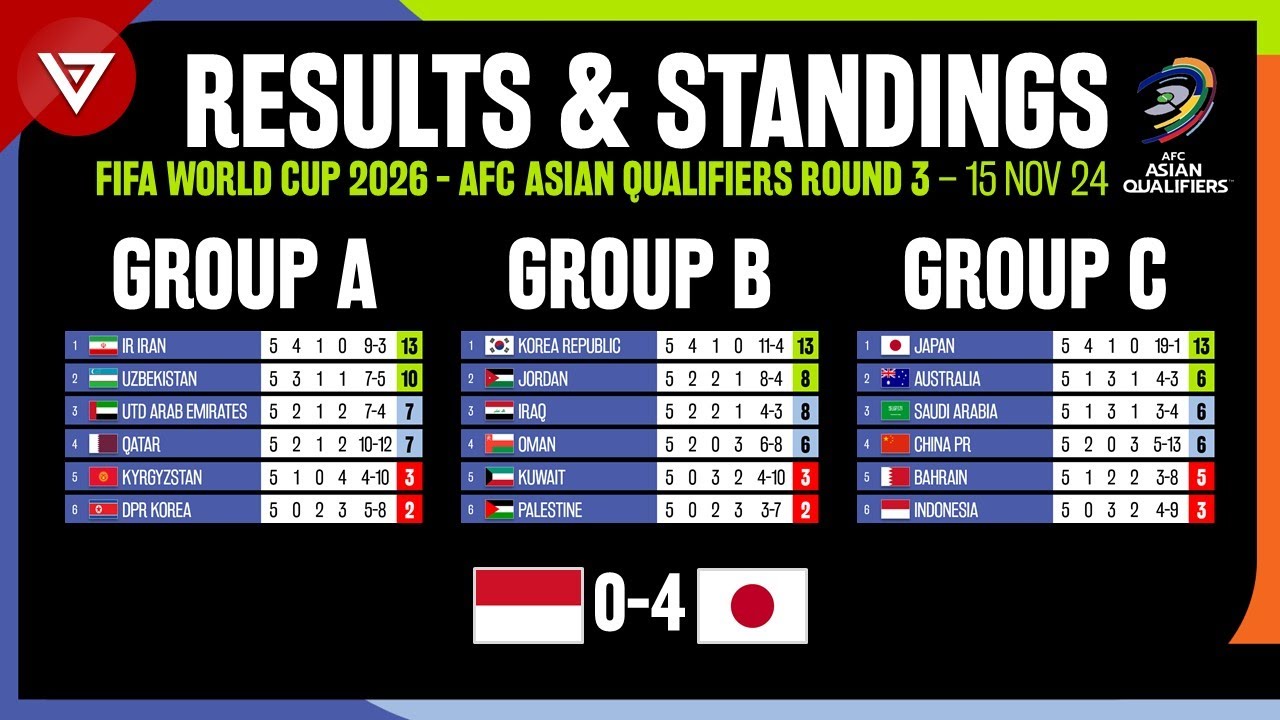In the intricate world of international football, some narratives are as enduring as the sport itself. For the Mexican men`s national team, affectionately known as El Tri, this narrative is a captivating blend of undisputed regional dominance and a persistent, almost folkloric, struggle on the global stage. As the 2026 FIFA World Cup looms – with North America, including Mexico, as host – the stakes for El Tri have never been higher. Their journey from being the “kings of Concacaf” to legitimate global contenders is less a simple progression and more a strategic crusade against historical limitations.
The Weight of History: The Round of 16 Enigma
El Tri’s recent accolades, including triumphs in the Concacaf Nations League and the Gold Cup, undeniably solidify their standing as the premier footballing power in their confederation. They`ve consistently navigated the treacherous waters of regional qualification, a feat that, for many nations, is the pinnacle of their ambition. Yet, beneath this veneer of regional success lies a curious statistical anomaly: Mexico has not progressed beyond the Round of 16 at a World Cup since 1986. Furthermore, their group stage exit in 2022 marked a significant departure from their usual consistency, forcing a collective reevaluation of their approach.
It’s a peculiar paradox: a team that reliably qualifies for the global spectacle often finds itself staring at the same glass ceiling, World Cup after World Cup. The expectation among fans is not merely to participate, but to truly compete, especially when the world`s grandest football tournament will, for the first time in decades, grace their home soil.
A Strategic Pivot: Seeking Battle-Hardened Experience
The path forward is clear, though challenging. Regional dominance, while validating, does not inherently prepare a team for the diverse tactical puzzles presented by the world’s elite. To bridge this gap, Mexico has embarked on a deliberate strategy: actively seeking out friendlies against top-tier international opponents from outside the Concacaf sphere. These aren`t just exhibition matches; they are crucial litmus tests designed to expose weaknesses, refine tactics, and build resilience against differing football philosophies.
This shift in scheduling, incorporating teams like Japan, South Korea, Colombia, and Ecuador, reflects a mature understanding that true growth necessitates uncomfortable encounters. It`s an acknowledgment that to conquer the world, one must first confront the best it has to offer, moving beyond the familiar rivalries that, while intense, may not adequately simulate World Cup pressures.
The Samurai Blue: A Formidable Litmus Test
A clash with Japan, the “Samurai Blue,” perfectly encapsulates this strategic ambition. Ranked 17th globally and boasting a squad brimming with talent, Japan represents precisely the kind of challenge El Tri needs. Their recent form, marked by a four-match unbeaten run following a narrow loss to Australia, underscores their pedigree. Under coach Hajime Moriyasu, Japan plays an intelligent, disciplined, and technically proficient brand of football, capable of dissecting even robust defenses.
For Mexico, such a fixture is not just about the result, but the performance. Can their defense, which conceded only three goals during their Gold Cup victory, withstand Japan’s attacking verve? Equally important, can their offense, often reliant on key figures, demonstrate the collective potency required to break down a well-organized international defense? A positive showing, even a hard-fought draw, against a team of Japan’s caliber, provides invaluable data points for their technical staff and a significant psychological boost for the players.
The Pressure Cooker: Expectations and the Road Ahead
The pressure on El Tri is a constant, almost palpable force. Every performance is dissected, every result scrutinized by a passionate fanbase eager for global recognition. While losing to a team of Japan`s stature is certainly not unheard of in international football, for Mexico, the bar is set higher. They are expected not just to compete, but to demonstrate tangible progress towards ending their World Cup drought.
The coming windows leading up to 2026 are not merely preparatory periods; they are a continuous audition. The balance between defensive solidity and attacking creativity will be paramount. Should the team fail to find consistent goal-scorers beyond their established strikers, or if tactical adjustments don`t yield results against top-tier opposition, the murmurings of disappointment could quickly escalate into a clamor.
Mexico`s quest is an epic in the making. It`s about shedding the skin of a regional giant to embrace the mantle of a true global competitor. The matches against teams like Japan are not mere friendlies; they are crucial chapters in a narrative that will define El Tri`s legacy when the world`s eyes turn to North America in 2026. The ambition is clear, the challenges are significant, and the stage is set for a transformation that could finally see the “kings of Concacaf” ascend to their rightful place among the world`s footballing elite.

